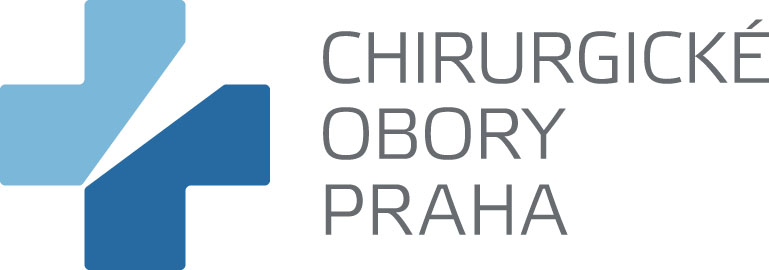Regular gynaecological examinations make sense
Although every woman is entitled to a free preventive gynaecological examination once a year from the age of 15, more than half do not take advantage of this opportunity. There are several reasons why women skip or put off visiting a gynaecologist - sometimes it’s embarrassment, sometimes forgetfulness or laziness, and probably most often the feeling that everything is fine and I don't need to go. But such an approach can backfire.
The most important purpose of regular gynaecological examinations is to prevent serious diseases such as cervical cancer. The earlier cervical cancer is detected, the sooner treatment is started and the better the chance of a full recovery. During the examination, the doctor collects cells from the cervix with a cotton swab and sends the sample for cytological examination. This will rule out or, in the worst case, confirm risk factors for cancer. Women aged 35 and 45 are now also screened for HPV (a virus that can cause cervical cancer). The preventive examination includes an ultrasound examination of the lesser pelvis, during which the gynaecologist focuses on detecting any pathological changes in the uterus, fallopian tubes and ovaries. A similar "the earlier the better" rule also applies to breast cancer - a breast examination is part of a gynaecological exam.
Preventive care for expectant mothers
Of course, it's not just the spectre of tumours. Regular gynaecological check-ups once a year also make sense for young girls who would like to be mothers one day. The doctor examines the condition of each patient's reproductive organs and, in the event of any changes in the uterine cavity or ovaries that could lead to difficulties with pregnancy in the future, initiates the necessary treatment in a timely manner.
A free mammogram from the age of 45
Of course, gynaecological examinations should not be neglected by women over 40 who are not planning any more children or by women after menopause. It is necessary to continue to monitor the health of genital organs and to address any problems. In addition, every woman should have a mammogram every two years from the age of 45 onwards on the recommendation of her gynaecologist, which is also covered by health insurance.
Do not put off your visit to a gynecologist. It's just half an hour of your time once a year to prevent potential problems. Keep in mind that any embarrassment is out of place. A gynaecologist is a doctor who knows the female body inside and out, and approaches it professionally, with empathy. At Gynet Clinic, we will do everything in our power to make sure that your gynaecological examination is not an unpleasant experience, and that you feel comfortable, safe and in the best possible hands.
We look forward to your visit!









